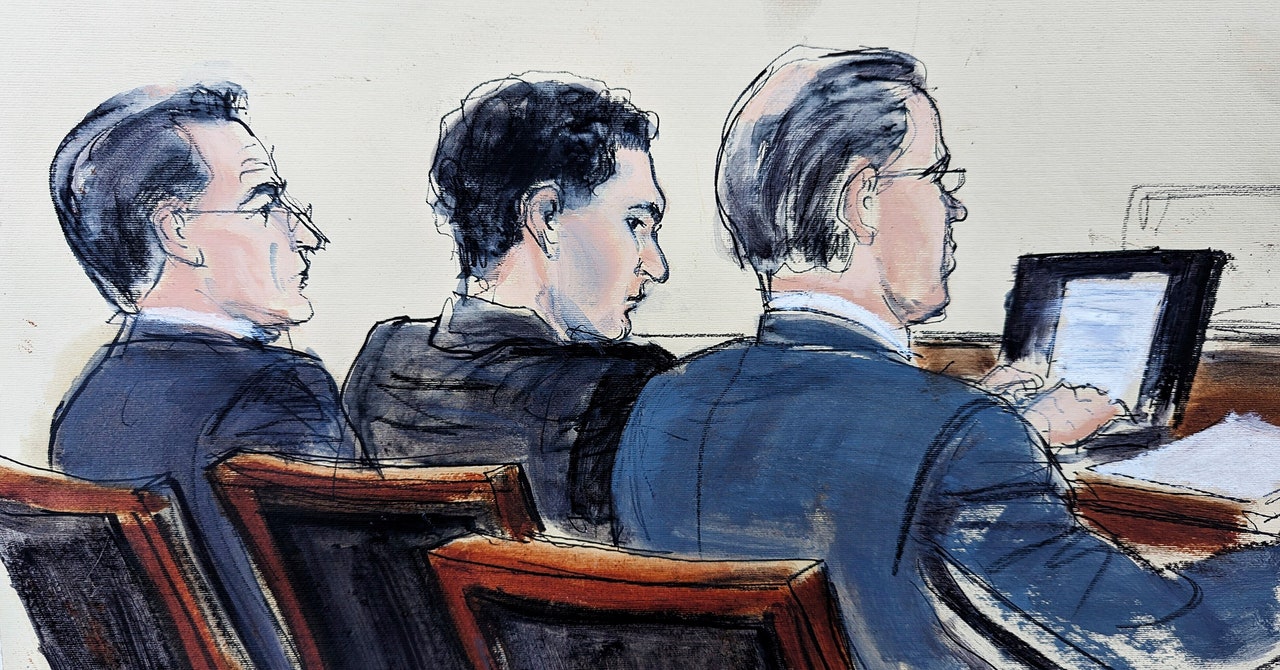Timing the Trial of Sam Bankman–Fried, Founder of Crypto Exchange FTX, Revisited: The Strategy and Ambiguities of the Defense
In the three weeks since his trial began, Sam Bankman-Fried, founder of crypto exchange FTX, has watched in near silence as a parade of ex-colleagues, peers and other witnesses have taken the stand. They have testified to his greed, recklessness, bullying and chicanery. His lawyers have offered relatively little in the way of riposte—and have been pilloried for it. But the strategy and ambitions of the defense, ex-prosecutors say, have been misinterpreted.
In its opening statement, the defense implied it would try to defend Bankman-Fried by undermining the credibility of key witnesses, deflecting blame for fraudulent acts onto members of his inner circle, and demonstrating he acted in a way that any rational businessperson might have. Much of the criticism of the defense has focused on its failure to achieve the first objective: to call into question the reliability of the insider witnesses, who will benefit from plea deals in exchange for their testimony.
Singh became FTX’s chief engineer. He told the court that Bankman-Fried directed him to write the code that allowed Alameda to take money from FTX.
The U.S. government’s case against him is centered on the firm he started, Alameda Research, which Bankman-Fried convinced her to join.
Now, Bankman-Fried is being charged with several criminal counts, including fraud, and his fate could hinge on the testimony provided by three of his now-former lieutenants. The former FTX CEO could be spend the rest of his life in prison if convicted of all charges.
Each former executive — Caroline Ellison, Gary Wang, and Nishad Singh — has shared damning details about what prosecutors have said was a sprawling fraud orchestrated by Bankman-Fried.
When Bankman- Fried and his colleagues were not writing code or tweaking trading strategies, they socialized and shared meals.
They both pled guilty to helping Bankman-Fried cheat customers, while enriching themselves, and they are cooperating with prosecutors in hopes of getting less time in prison.
A Silicon Valley Analogue of the Silicon Valley: A Conversation with Nishad Bankman–Fried about a Wall Street Founder and CEO
Ellison and Bankman- Fried were at a Wall Street firm. She was finishing up her undergraduate degree at the time, and he was an MIT graduate.
The power dynamic became difficult when Bankman-Fried promoted her to CEO of Alameda Research, she said.
“I would say in our personal relationship there was a general theme that I sort of wanted more from our relationship, but often felt like he was distant,” Ellison recalled.
She said Bankman-Fried directed her to commit the crimes. She also said Bankman-Fried instructed her to send “dishonest” financial information to lenders and investors.
But Bankman-Fried’s defense team has suggested Ellison is responsible for mismanaging Alameda Research’s finances, and tried to portray her as an incompetent and inexperienced leader who failed to prepare for a downturn in the cryptocurrency market in 2022 that led to substantial losses.
Bankman- Fried and Singh were students at a prestigious private school in Northern California.
After Singh graduated from the University of California, Berkeley, where he studied computer science, he briefly worked at Facebook. He was recruited to the research center by Bankman-Fried.
He described how he lost his trust in Bankman- Fried on the stand, and he testified there were many times when he considered quitting. But he never went through with it because he thought his departure could raise eyebrows and imperil the company.
“I had a lot of admiration and respect for him,” Nishad Singh said, of Bankman-Fried. “Over time, I think a lot of that eroded, and I grew distrustful.”
